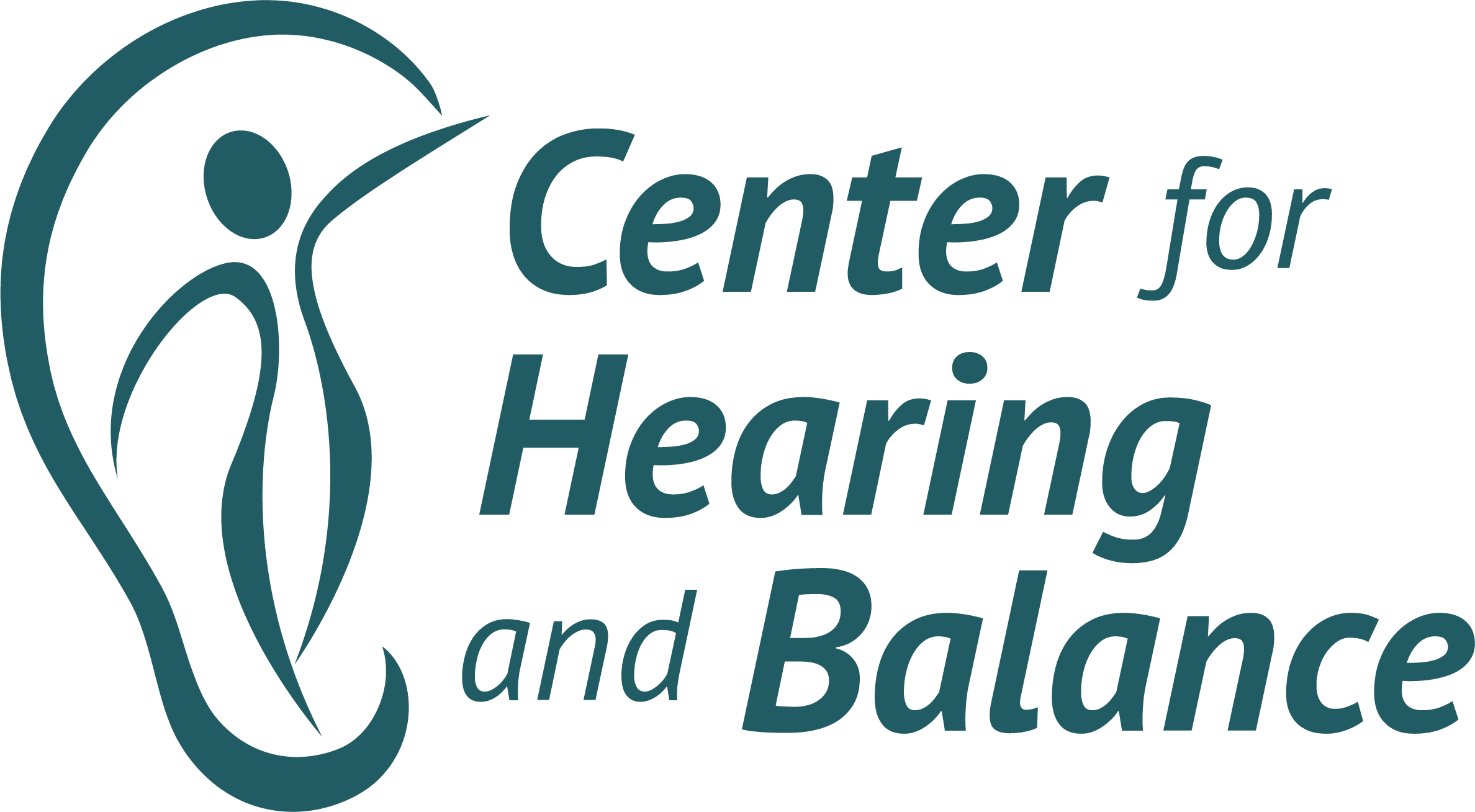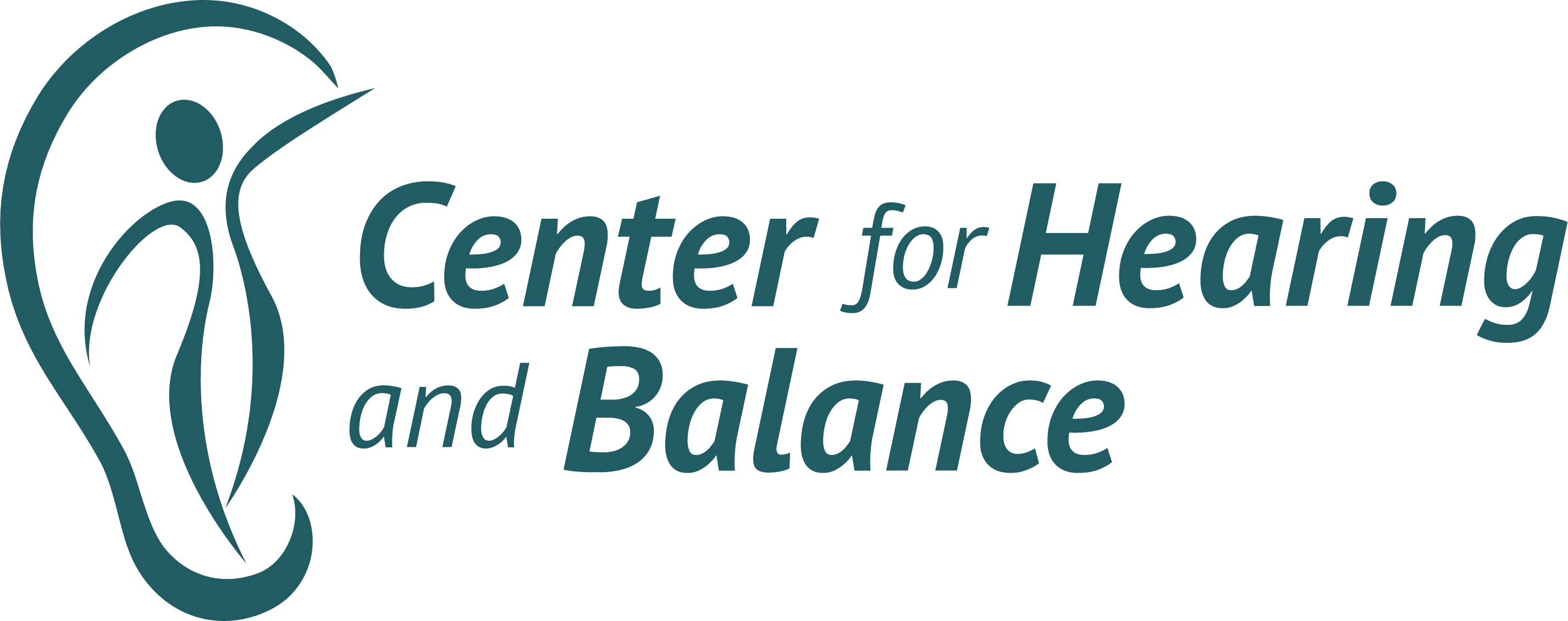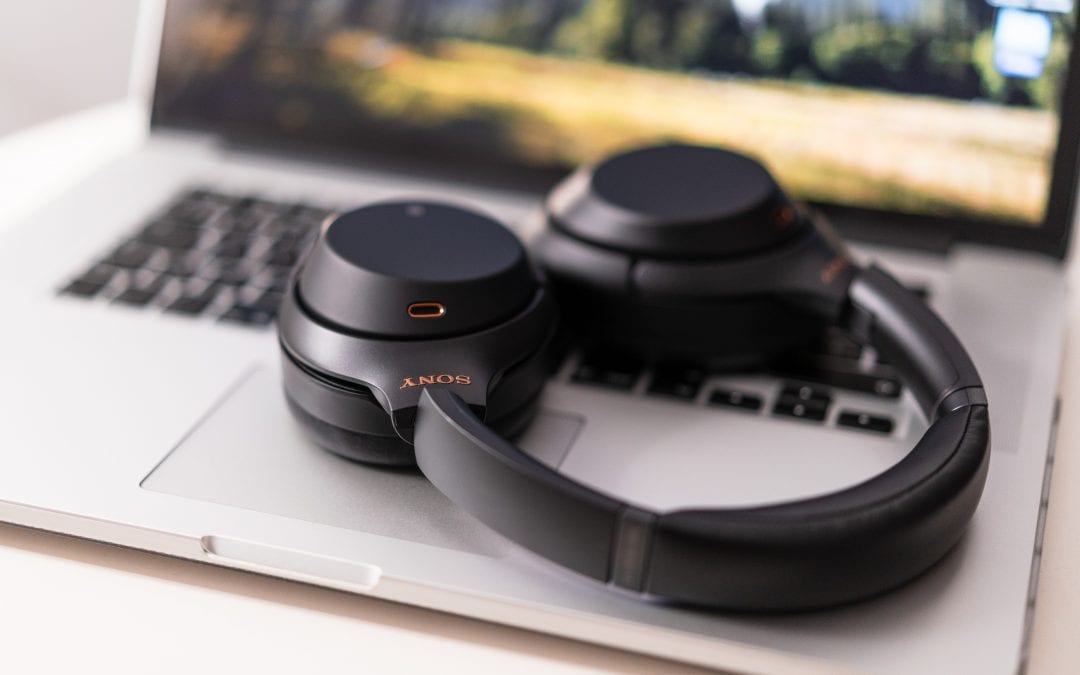April 28 is International Noise Awareness Day; an annual day that brings awareness to people about the impact noise can have on our overall health and well being. One of the most important things to learn and understand about noise and its impact on our hearing health is the fact that noise-induced hearing loss is 100% preventable. Research shows that young people are the most susceptible to this type of hearing damage due to recreational activities involving music. The “[World Health Organization] estimates that 1.1 billion young people (aged 12-35 years) are at risk of hearing loss due to exposure to noise in recreational settings.”
So how can young people reduce their risk of noise-induced hearing loss?
- Get your hearing checked.
First and foremost, the best way to care for your auditory health is identifying what your baseline hearing is at and how to protect it moving forward. This is made possible by making an appointment with your audiologist who will conduct tests that give you a comprehensive look into your individualized hearing needs.
- Limit noise exposure.
Did you know that the OSHA-recommended threshold of noise-exposure limit is 70 decibels (dBA) and any sound at or above 85 dBA has the potential to cause damage? That may sound like a high number, but let’s take a look at a couple of day-to-day occurrences that are above the 85 dBA level:
- A food blender (100 dBA)
- Motorcycle revving (105 dBA)
- Power mower/table saw (110 dBA)
- Night club music (120 dBA)
- Firetruck/ambulance sirens (122 dBA)
That’s quite a few commonly-heard noises that can harm your hearing! Identifying instances like these can help you best prepare to daily protect your hearing.
- Utilize hearing protection.
Protective gear can come in all shapes and sizes depending on the severity of the noise. Ranging in options from pre-formed or molded earplugs to earmuffs, different equipment can provide varying levels of protection based on your needs. To know which equipment is best for you to use, consult with your audiologist. He or she will be able to properly identify which will be most beneficial for you and your individual needs.
Preventing hearing loss starts with you. Contact Center For Hearing today to make an appointment and take the first step to protect your auditory health.
(479) 785-3277
https://www.centerforhearing.net/


